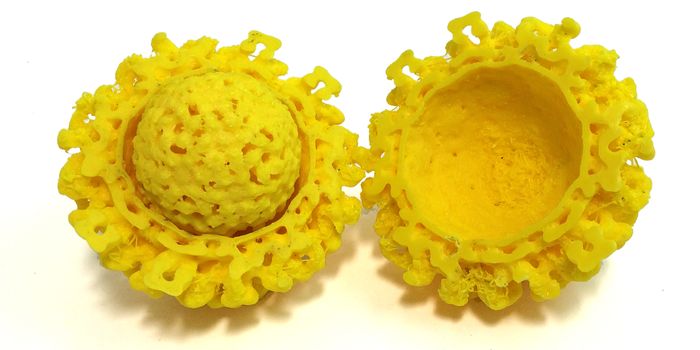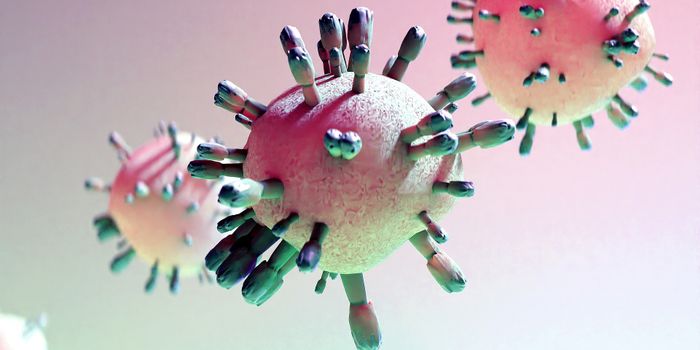Tool can Accurately Detect Single Nucleotide Variations in Individual Cells
When using cell culture models, scientists are usually analyzing whole populations of cells, averaging the effects seen in thousands of different cells. As technology has progressed in the field, there has been interest in learning more about what is happening at the level of individual cells. Many scientists think we are missing important details by focusing only on a huge picture. To zero in on single cells, powerful technology is required. Some of those needs have been met, but it is still an expensive process to assay changes in gene expression in one cell. New research from a company called SingulOmics is aiming to change that. They are working to improve sequencing for individual cells in order to detect somatic single nucleotide variations (SNVs).
Mutations in genetic information can come in a variety of types. Some involve large pieces of DNA, but many only alter one base pair in a gene. Some cells are carrying the genetic information we are born with, while some other cells might have experienced some changes to that genetic information; spontaneous mutations can happen to individual cells throughout a person’s lifetime. Most of the time those alterations, called somatic mutations, are harmless, but sometimes they have deleterious effects. They have also been linked to cancer. Improvements in sequencing technologies have allowed scientists to make connections between specific somatic mutations and cancer progression.
As such, the developers are eager to see this new technology as beneficial to cancer and drug research. Current methods result in many false positives, and the new work reported eliminating over 99 percent of errors, while maintaining high sensitivity levels.
Recently established genomics company SingulOmics Corporation, who published results from their techniques in Nature Methods, created the technology.
"This is really a game changer for our research. We are interested in studying low, physiological levels of somatic SNVs and other mutations in single cells, but these were simply drowning in the high background we experienced with published protocols or commercially available systems," commented Jan Vijg, Ph.D., Chair, Department of Genetics, Albert Einstein College of Medicine and an investor and co-founder of SingulOmics.
We are entering a single cell genomics era as the cost of human genome sequencing plummets. This new method allows researchers to unlock the full potential of single cell sequencing in cancer, drug development, and aging research and greatly expands the capability of researchers to explore the landscapes of somatic mutations in human and other organisms beyond the reach of other amplification techniques available to date.”
If you would like to know more about single cell sequencing, check out the above video from Illumina. You can learn more about somatic mutations in the video below.
Sources: AAAS/Eurekalert! via SingulOmics Corporation, Science, Nature Methods









